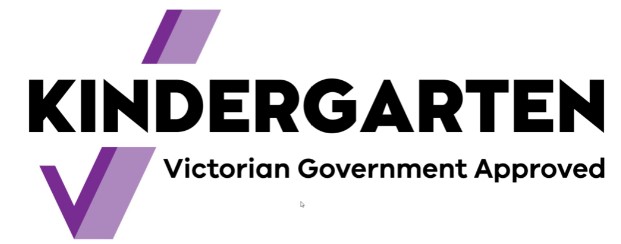The Importance of Diabetes Awareness and Training for Kindergarten Staff
19 November 2021Over 3000 children in Victoria have type 1 diabetes. This means it is likely that you may have one or more students in your school with diabetes. You need to understand how you can support students with diabetes at school. Through this, you can give them the best chance to reach their full learning potential, and participate in all aspects of school life.
Children with diabetes have to monitor their blood glucose levels several times a day and inject insulin to provide for their body’s changing glucose needs. Low blood glucose levels can lead to hypoglycaemic attacks which can progress to being severe if not treated. High blood glucose levels can make children fatigued, thirsty and need more bathroom breaks.
Both parents and teachers will benefit from the new guidelines on how to support them. They need support in many ways throughout the day. Young kids may need assistance with checking their blood levels, some kids simply need reminding or supervision.
Sometimes the kids feel that diabetes is a hassle, to get their blood testing equipment out with eyes looking at them. That’s why the new guidelines are so important. They will help kids and teachers to learn about Type 1 diabetes and to be understanding.
Diabetes Education For Everyone
The guidelines will help schools meet their legal and policy obligations. They will know how to work together with families and diabetes treating teams. They can also provide practical advice on communication, staff training, implementing treatment plans, and making reasonable adjustments to keep students with diabetes engaged at school.
All schools are required to ensure that students with type 1 diabetes have a current individual Diabetes Management Plan prepared by the student’s treating medical team (provided by parents or carers); a current Diabetes Action Plan prepared by the student’s treating medical team (provided by parents or carers); and a Student Health Support Plan, developed by the school in consultation with the parents or carers and where appropriate the student’s treating medical team; and a Medication Authority Form, detailing the medications required during regular school hours, the dose, administration and storage
Schools have a legal obligation to consult with the student and parent or carers about the needs of the student and what reasonable adjustments must be made. Principals should ensure the following training requirements.
All staff must complete basic level training. They should be aware of what type 1 diabetes is and how to respond safely to an emergency. They should also undertake appropriate training to develop confidence and competence to implement a student’s Diabetes Management Plan and Diabetes Action Plan. Their training must be up-to-date and appropriate in light of any changes to a student’s Health Support Plan. And schools must support students with all types of diabetes
The Supporting Students with Type 1 Diabetes in Victorian Schools Guidelines (the Guidelines) in the Guidance tab provide principals and staff with additional assistance to support students with type 1 diabetes in Victorian government schools.

